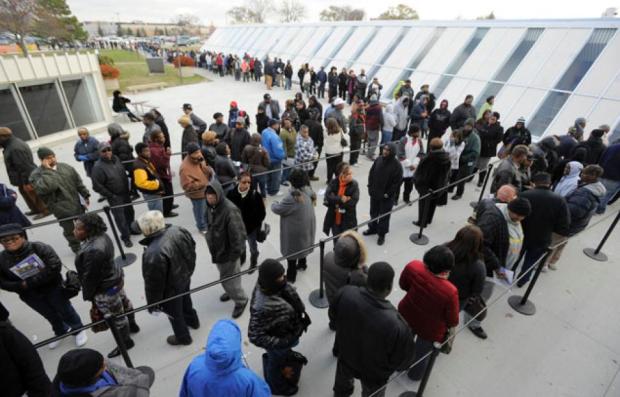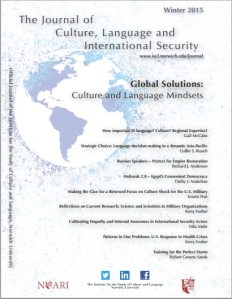
Photo of long voting line via NY Daily News
I left my California beach town vacation early to return to frozen New York for the democratic tradition and right of jury duty. For two days, I sat in a stale room with intermittent wifi with over 100 citizens from across socio-economic backgrounds. Unfortunately, what should’ve been a privileged and proud citizen experience turned out to be a futile, inefficient, and outdated process. I say this not to diminish the importance of diverse citizen juries, but to acknowledge the frustration I saw and heard from my fellow citizens in the room, and experienced myself. At the end of the second day, my peers and I cheered and sighed in relief as we heard that we are free from serving on a jury for the next several years. I was at once thrilled that I was done with what was a dreaded and annoying process, and saddened that most citizens would leave the court house with even less confidence or interest in their government.
“As a country, we haven’t invested in or changed the ways we engage with democracy; we’re interacting with 20th century institutions in the 21st century.”
A graduate student in public policy, I’ve been involved with government since high school. What struck me as I sat in the jury room is that while I’ve interacted with the government in many ways as an employee, student, and engaged citizen, for many in the room, this is one of the only times they’ll interact with the government this year, and they were left sorely disappointed in how it functions. (more…)

